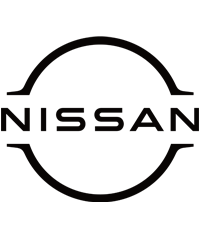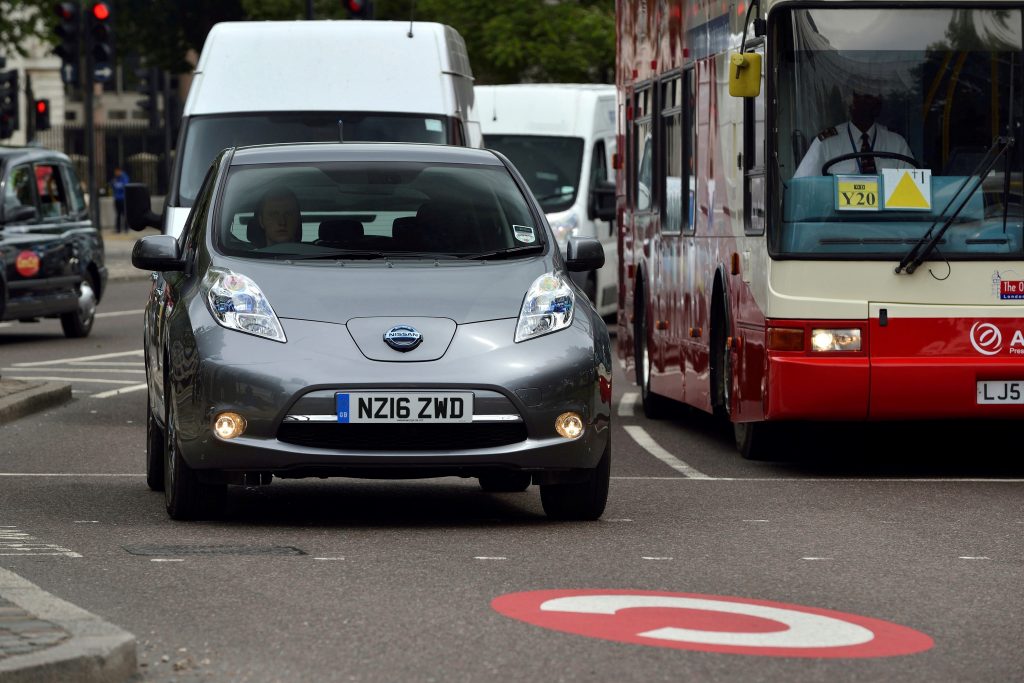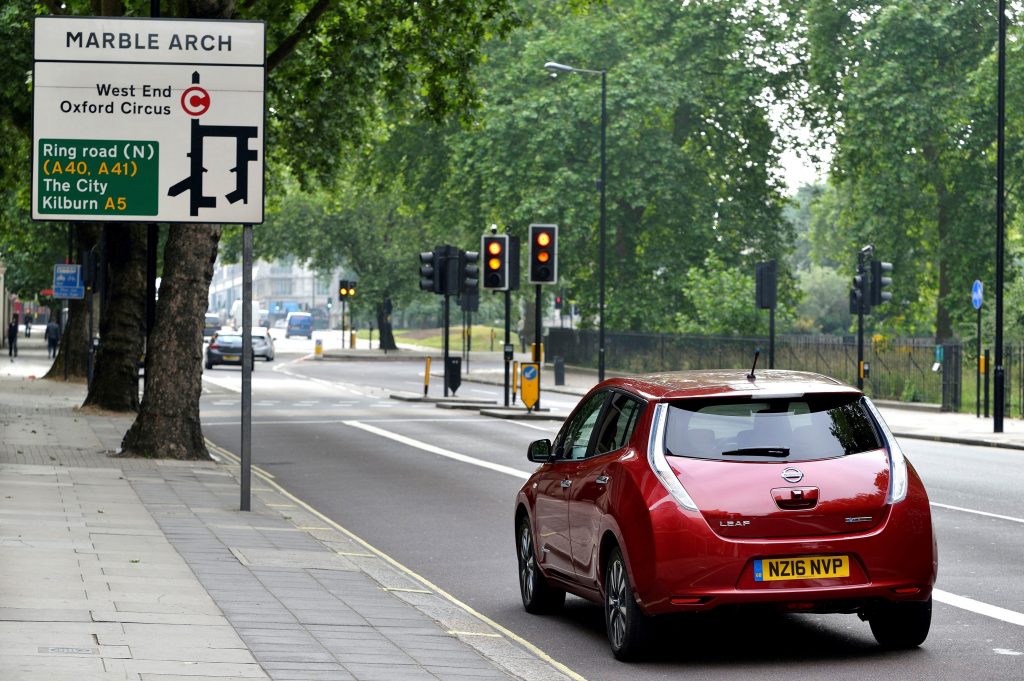UK internet searches relating to air pollution have increased up to 750% in the last ten years according to Nissan, producer of the world’s best-selling zero emission electric vehicle, the Nissan LEAF.
The popularity of search terms “best air purifier” and “air quality index” both rose by a factor of 750 percent from August 2006 to August 2016 whilst the phrase “air pollution facts” climbed 350% over the same period. The interest for “best air purifier” saw a 10-year spike in June 2016.[i]
The data demonstrates a rising sense of health consciousness amongst residents of Europe’s capital cities when it comes to air quality, with consumers increasingly seeking their own solutions to help ‘clean up’ the air around them.
With the World Health Organisation recently declaring that more than 80 percent of people living in urban areas that monitor air pollution are exposed to air quality levels that exceed the WHO limits, the problem is a global one.[ii]
This has manifested itself in the number of poor air quality days being declared across Europe’s capital cities including Paris, where drivers with odd or even number plates are given authorisation to drive on different days.
As air quality across Europe remains a cause for concern, Nissan has stepped up its own commitment to zero emissions, exploring technology that will contribute towards a greener, more sustainable environment.
There are now almost 230,000 Nissan LEAFs on the road worldwide, contributing to cleaner air in cities. In 2015 Nissan announced it had saved 50 million kg of carbon emissions in Europe alone with sales of the LEAF. Nissan is currently the highest-performing automotive company as tracked by the Carbon Disclosure Project.
Beyond production of the fully electric Nissan LEAF and e-NV200 LCV, Nissan has announced a major partnership with energy provider Enel to trial vehicle-to-grid technology across Europe that will turn electric vehicles into clean mobile energy units, able to put energy back into the grid as well as take from it.
Nissan has also confirmed plans to move into the residential home energy storage market, with the launch of its ‘xStorage’ unit in Europe later this year in partnership with power management firm, Eaton.
The system will not only give Nissan electric vehicle batteries a ‘second life’, but will also provide a fully integrated energy storage solution that will put energy management and distribution back in the hands of the consumer.
Gareth Dunsmore, Head of Electric Vehicles, Nissan Europe said: “For so long now, air pollution has been seen as a problem that affects people on the other side of the world. This is a flawed perception because air pollution is impacting people and cities right here in Europe.
“Everyone has a role to play, ourselves included, but by investing in zero emission technologies and putting a stake in the ground about how we can help people live healthier, smarter, greener lives, we hope it’s a step in the right direction.”
According to recent reports[iii], the global air purifiers market is projected to exceed $59 billion by 2021, with a growing health consciousness among consumers propelling this trend. As a result, consumers are making new lifestyle choices to protect their health.
“As the world’s best-selling 100 percent electric car, and with a driving range of up to 155 miles on a single charge, the Nissan LEAF is a real motoring solution for consumers today. Poor air quality affects everyone and for every zero emission Nissan vehicle sold, we’re one step closer to creating a cleaner and heathier environment in our cities,” Dunsmore added.





